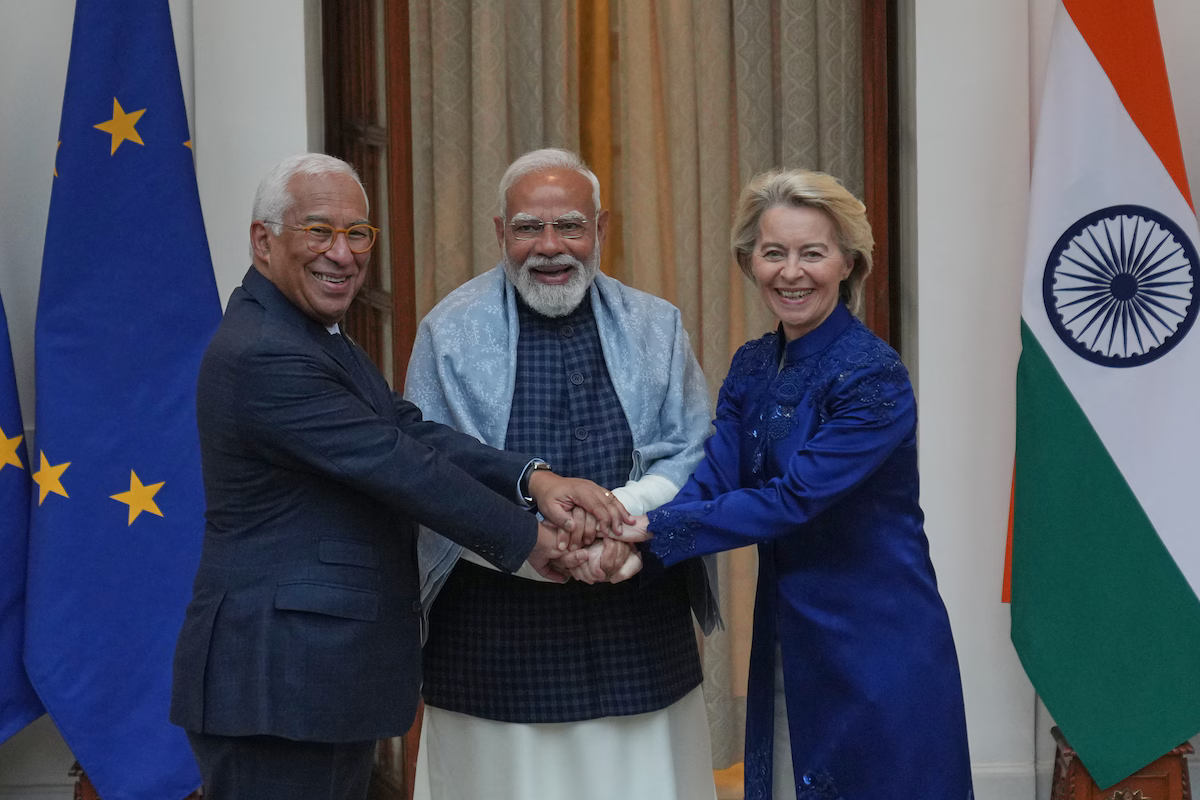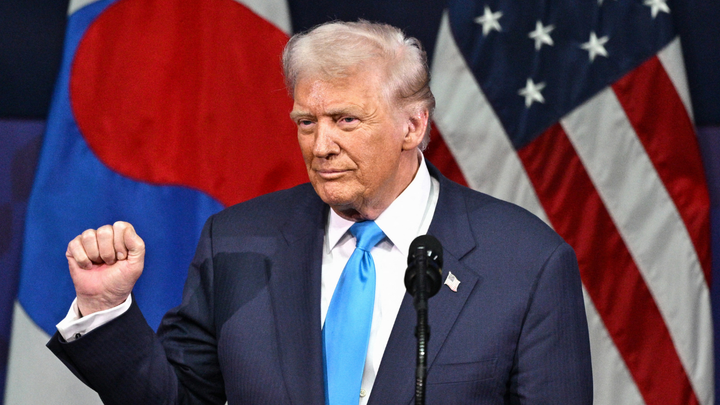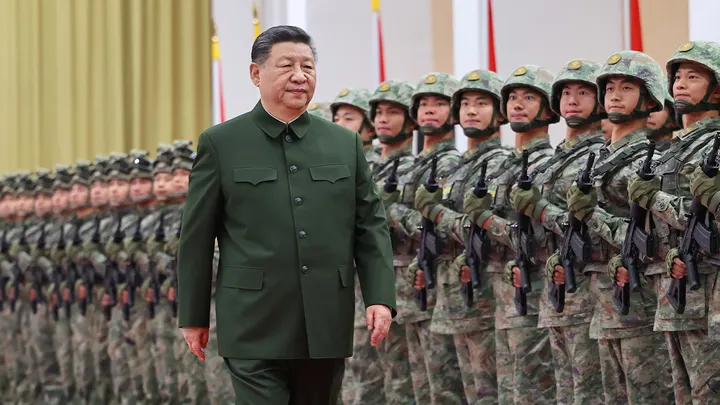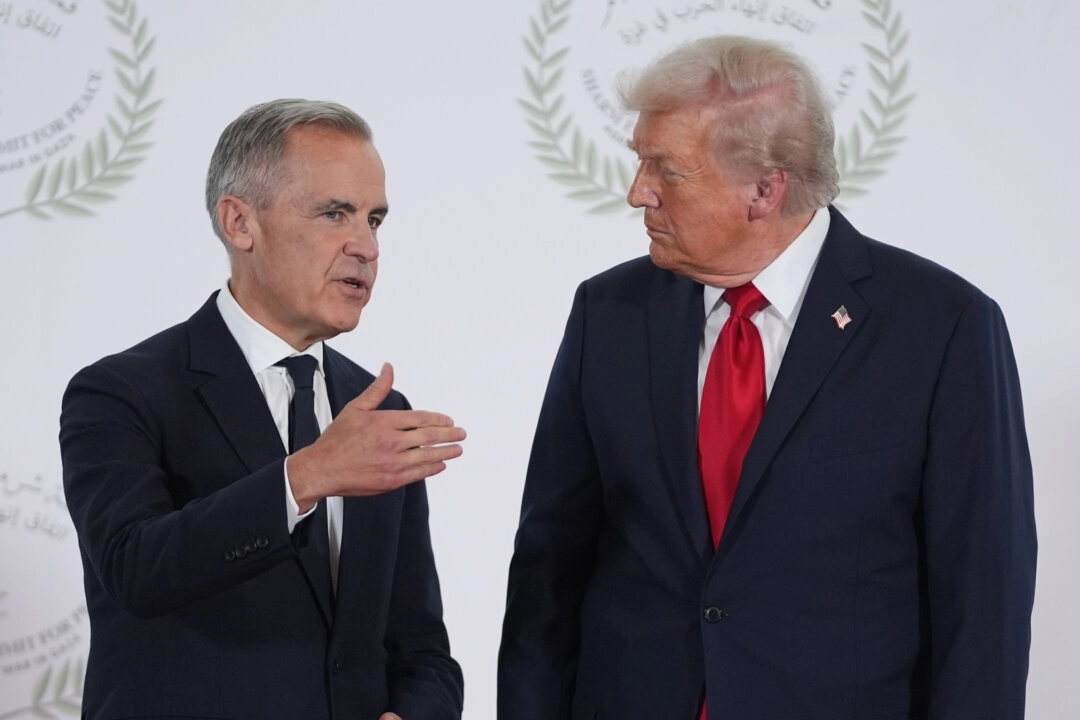United States House Speaker Mike Johnson (R-LA) announced on Sunday that the U.S. is investigating an apparent leak of Pentagon documents regarding a planned Israeli attack on Iran. The documents, dated October 15 and 16, detail preparatory measures taken by Israel as well as the expected targets, including Iran's energy facilities.
The Leak
"Middle East Spectator," a Tehran-based Telegram channel, posted the documents online on Saturday. The documents had allegedly been shared anonymously in a smaller channel before being widely disseminated. Although the official source of the leak is unknown, the documents were reportedly intended to be shared with the "Five Eyes" alliance, which includes the United States, United Kingdom, Canada, Australia, and New Zealand.
Although the potential of an internal US government actor leaking the documents can't be completely ruled out, the investigation seems to be focused on foreign actors. The main suspect at this time appears to be Iran, which has a history of cyberattacks on United States and Israeli intelligence. Iran's motive for publicly leaking the documents could be to sow distrust in Israel's relationship with the United States, which has become increasingly tense recently.
Another possible motive for an Iranian leak could be to stall Israel. The planned attack appears to be a retaliation for Iran's October 1st strike, which included the launching of approx. 200 missiles on Israel. Although that attack only resulted in one death, Israel vowed to respond with an operation of their own. With threats of an Israeli attack looming, Iran may have hacked and leaked the intelligence to delay Israel's response and have more time to prepare their defenses.
The time-sensitive nature of the leak also raises concerns regarding the security of other confidential information. While looking into the vulnerability that caused this leak, investigators will also try to identify other pieces of intelligence that may have been leaked behind closed doors.
What's Next?
The leaked documents did not specify the exact locations that will be targeted, nor did they include a timeline for the attack. However, they did indicate that the United States expects the attack to focus on Iran's military and energy facilities. If true, this contradicts Israeli Prime Minister Benjamin Netanyahu's pledge to U.S. President Joe Biden that the counterattack would avoid striking energy facilities, including oil and nuclear sites. This promise, which was made on a private phone call between the world leaders last Tuesday, came amid American concerns regarding the legality of Israel's operations in Gaza and the broader Middle East.
The leak's impact on US-Israel relations will likely depend on the outcome of the investigation. If the leak was the result of an internal spy, Israel's trust in the United States would likely be damaged. However, it is unlikely that this would lead to a concrete Israeli response. This is because of Israel's dependence on American defense and security amid a highly vulnerable state of affairs in Israel. For example, the October 1st attack would have undoubtedly been more impactful if the United States hadn't worked with Israel on missile interception.
If the leak was indeed the result of an Iranian hack, this would only further deepen the countries' relationship. Since the October 2023 escalation of the Gaza conflict, Israel has faced countless Iranian cyberattacks, focusing on intelligence leaks, influence campaigns, and phishing attempts. A cyberattack of this nature on the United States would further deepen US-Israel sympathy around a shared enemy, likely leading to more cooperation between the two states.
It is unclear at this time whether or not the possible Iranian hack will be met with concrete retaliation from either the United States or Israel.
Ultimately, the leak is a sign of the times when it comes to modern warfare. In an era where technology is everywhere and communication across the world is instant and easy, even the most classified information isn't safe. The best cybersecurity strategy includes not only preventing hacks but also identifying attackers and minimizing the quantity of intelligence jeopardized. As the Middle East conflict continues to deepen and involve more actors, the United States must maintain a strategic amount of involvement while still ensuring its own national interests are safe.















Discussion